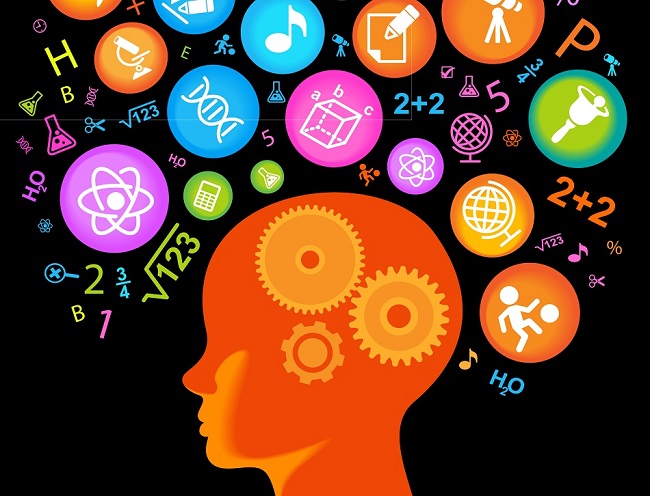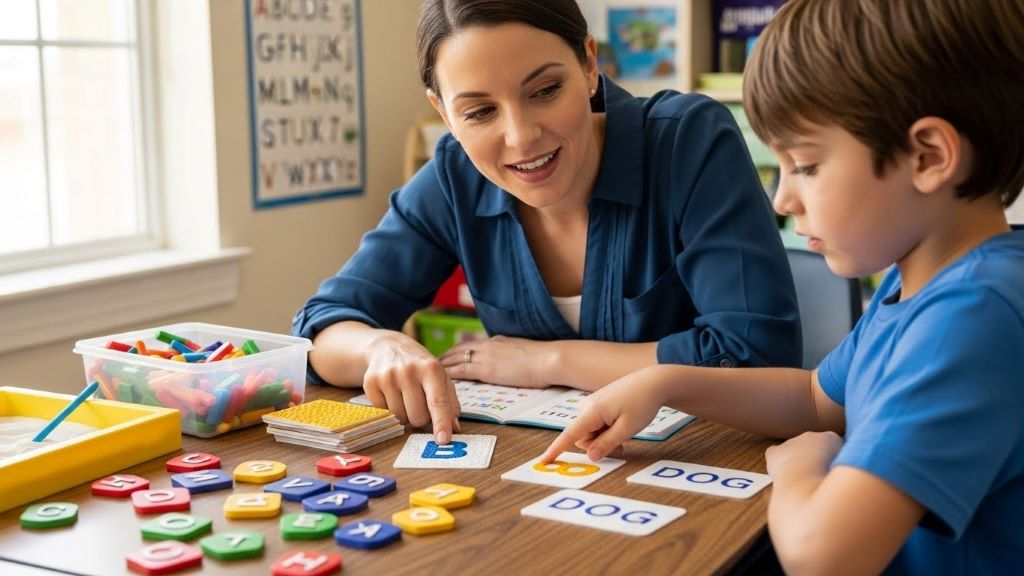Researchers estimate that we lose 90% of everything we learn immediately after learning it. Ninety percent …. So then I show the 12 steps to make it easier to memorize everything you learned.
1. Recognize how you learn
Students learn not how to learn. Directly we throw facts and figures and ask us to memorize it.
There is no talk about the learning process and what happens in this, how the brain converts the information into memory and how we can remember.
Each example in this series refers to each and every one of the learning process or the ability to remember and how incorporating these activities into your life you will improve your ability to remember.
2. Background
When you are interested in a topic, you are more likely to remember what you’ve learned.
Motivate yourself. If you pick a topic that you find attractive, you will most likely remember everything.
Learn a task, begets an insatiable desire to learn more, and your hunger grows as you realize how much there is to learn in the world.
On the other hand, if you’re unmotivated to learn something, then your brain will be less interested and therefore are less likely to remember it.

3. Concentration
When you find yourself tired or distracted, then it is very difficult for your mind to convert information into memory.
Establishing a quiet space, no distractions when you’re in the learning process will be more likely to remember the details of what they learned.
4. Listen and read, are not the best ways to learn
In order to learn something well, you must concentrate, and while listening to and / or read the lesson, do nothing but distract. Activities should be practical and, as humans that we are, all our best learning comes from our mistakes.
Some of the best ways to learn are the discussions and group instruction.
5. Go back over what has been studied
You must challenge your mind to remember what you’ve learned. This allows you to not only know that your memory works, but also improve the ability to summon the information you have learned. Solution: study again after an hour, and a third time after 24 hours.
As most likely quickly forget what they have learned, again study it in an hour. After spending a full day, it is likely to forget information if not you check.
6. Take breaks
Divide your learning, and give your body and your mind a little time to relax. Unfortunately everyone is different, so there is no exact number of minutes or hours you must study. On average, an individual can stay focused on a task for about 45 minutes, so this is a good number to start with. For some, the duration of their study time can be even longer. As you go through the process, pay attention to the physical and mental signals to tune the duration of your time learning. Adjust your study time accordingly.
7. Study before going to bed and wake nothing
The best time to learn, or review information you have learned, is just before going to sleep and just when you wake up. Right now your brain secretes chemicals that are designed to make your memory more concrete. At other times of the day, the mind is constantly overloaded with information, so there is not much room for anything new.
8. Relate what they learned with the known
Learning is not a static activity. Your brain tries to make connections between the information you are learning and things that you know.
Again, do not just look at the facts and figures. You must develop a working knowledge of the process and the details, thereby providing your brain a framework for learning. Moreover, connecting the information with what you know, then your mind will recall the particular similarities in the process.
You may also like to read another article on StudyWatches: Five tips to become a successful student
9. Teach what you’ve learned
Teachers make mistakes. When they make a mistake, they have to learn to correct the error. And errors are good.
Research shows that when an error while teaching the process to go back and check your work, you are more familiar with the process of the task is committed.
On the other hand, when learning is hard, we are more likely to remember the information at a later time.
To teach a very high level of concentration, plus your brain begins its absorption memory at the time of large gear is needed. So tell others what they have learned, it makes better remember the material.
10. Repeat, Repeat, Repeat
Repeating an activity, process or detail helps to recover what has been learned.
If you incorporate what you want to remember on a daily activity, it is much more likely to remember it. For example, put your computer password identity card number, that way you will always present the number.
11. Healthy lifestyles
Your mental health depends largely on your fitness and your diet. Whenever you are hungry or dehydrated, your mind roams the world, or you can go into “panic mode” by hunger. Therefore, you should maintain a steady diet, avoiding foods that are high in sugar, do not consume too many calories, because it can make you feel slow…. Instead, eat fruits, vegetables and lean meats keep your brain healthy.
Exercise regularly. A good cardiovascular exercise improves blood flow and the immune system, which helps to restore your mental energy for higher learning.
12. Reflect on what I learned
Just 15 minutes of reflection on what you have learned at the end of the day, this will give you more confidence in your learning process, and you’ll see the ability to remember what you have learned and you will want to continue to increase your learning. For more visit http://wikimodel.org/.


